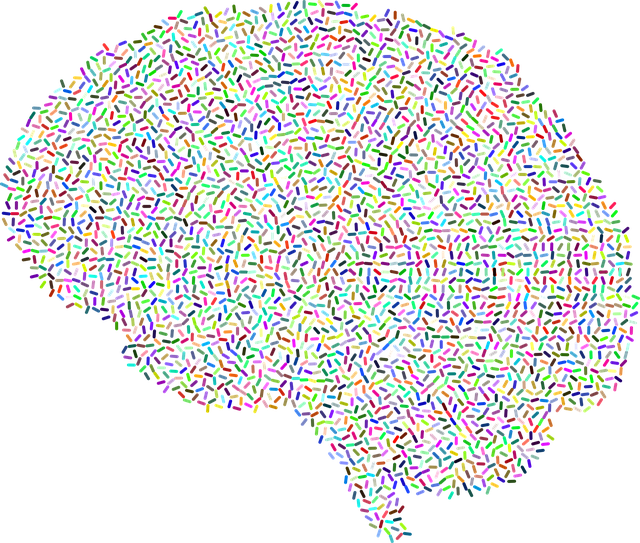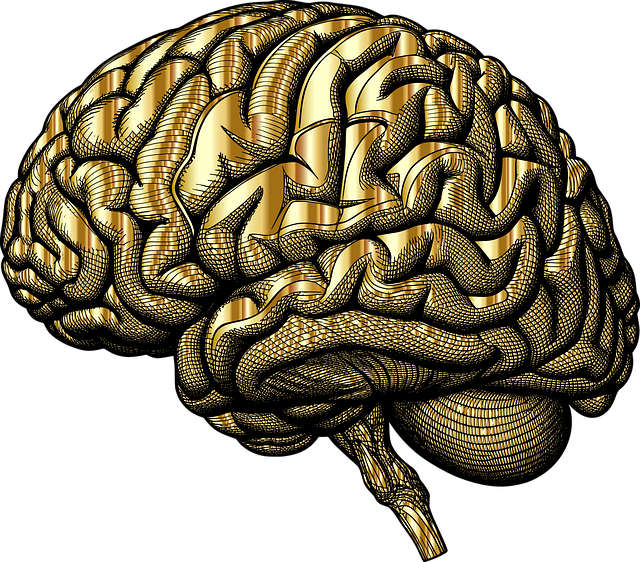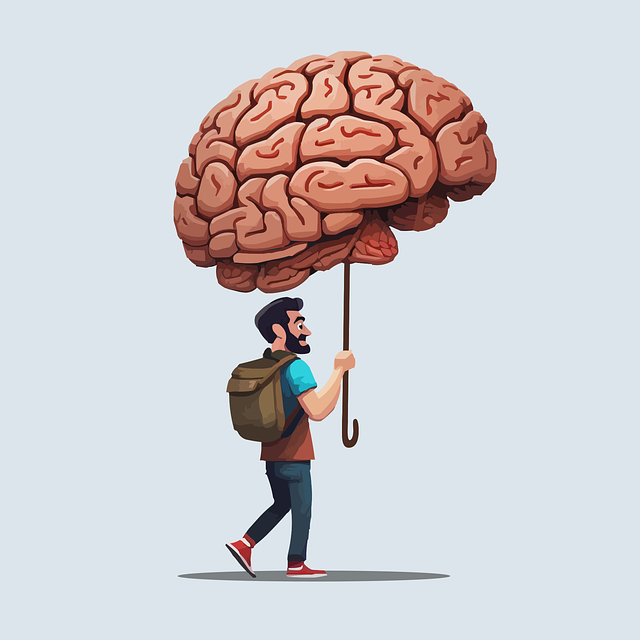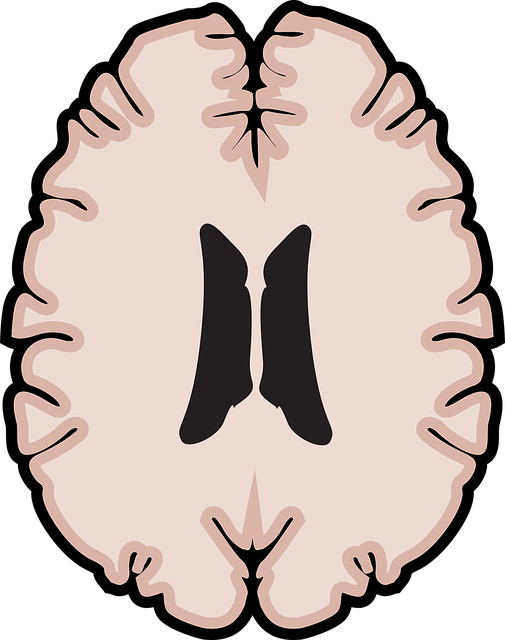Diagnosing mental illness in children is challenging due to developing brains and potential trauma indicators. Integrating therapy tailored for abuse survivors, like Therapy for Children Abuse Survivors (TCAS), improves diagnostic accuracy by offering self-awareness exercises and emotional healing processes specific to this population. Educating mental health practitioners on trauma's impact enhances support effectiveness. TCAS services, including CBT and EMDR, empower children to process past traumas and build resilience, leading to better mental wellness outcomes. Accessing these specialized services early through integrated healthcare improves diagnosis accuracy and encourages individuals to seek help for improved mental health.
Mental illness diagnosis accuracy has long been a topic of concern, especially in children. This article delves into the complexities of diagnosing mental health issues in youth, highlighting the significant impact of childhood abuse on psychiatric symptomatology. We explore innovative therapy approaches tailored for survivors of child abuse and present effective training and education strategies to enhance diagnostic accuracy. Furthermore, we discuss efforts to improve access to quality care for at-risk young people, with a focus on therapy for children abuse survivors.
- Understanding the Complexities of Mental Illness Diagnosis in Children
- The Impact of Childhood Abuse on Psychiatric Symptomatology
- Innovative Therapy Approaches for Survivors of Child Abuse
- Enhancing Diagnostic Accuracy: Training and Education Strategies
- Supporting Access to Quality Care for At-Risk Youth
Understanding the Complexities of Mental Illness Diagnosis in Children

Diagnosing mental illness in children is a complex task due to the unique challenges presented by pediatric psychology and developing brains. Mental health professionals must navigate a delicate balance between identifying symptoms that may be age-appropriate or indicative of a deeper issue, especially when dealing with potential trauma survivors. Children who have experienced abuse or neglect often exhibit behavioral changes that might mimic various mental health disorders. This complexity necessitates a nuanced approach, incorporating not just clinical assessments but also an understanding of each child’s unique history and context.
Integrating therapy for children abuse survivors into diagnostic practices is a significant step towards improving accuracy. Self-awareness exercises and emotional healing processes designed specifically for this population can provide valuable insights during evaluations. Mental health education programs that equip professionals with the knowledge to recognize trauma’s impact on young minds are crucial in enhancing diagnosis accuracy. By combining these strategies, mental health practitioners can offer more effective support, tailoring interventions to each child’s needs and fostering healthier outcomes.
The Impact of Childhood Abuse on Psychiatric Symptomatology

Childhood abuse, a devastating experience, often leaves profound and lasting marks on a child’s mental health. It significantly contributes to the development of various psychiatric symptoms as they grow into adulthood. Survivors may present with complex emotional issues, including anxiety, depression, post-traumatic stress disorder (PTSD), and even psychotic disorders. The impact extends beyond mere symptom manifestation; it influences their ability to form healthy relationships, manage emotions, and navigate social situations, often requiring professional intervention.
Therapy for children who have experienced abuse is crucial in helping them process these traumatic events and develop coping mechanisms. Services like trauma support, social skills training, and inner strength development programs play a pivotal role in recovery. These therapeutic approaches enable survivors to heal, regain a sense of control, and build resilience, ultimately improving their mental health outcomes and overall well-being.
Innovative Therapy Approaches for Survivors of Child Abuse

Childhood abuse survivors often face unique challenges when it comes to mental health diagnosis and treatment. Innovative therapy approaches are crucial in addressing the complex needs of these individuals. One such approach gaining prominence is trauma-focused, evidence-based therapy. This method specifically targets the impact of childhood trauma, helping survivors process and heal from their past experiences. By utilizing techniques like cognitive behavioral therapy (CBT) and eye movement desensitization and reprocessing (EMDR), mental health professionals can facilitate a profound sense of safety and empowerment in these clients.
Moreover, organizations dedicated to stress management workshops specifically for children abuse survivors play a vital role in improving diagnosis accuracy and overall well-being. These workshops not only boost the confidence of survivors but also equip them with effective coping strategies to navigate daily stressors. In light of this, mental health professionals are encouraged to integrate such innovative practices into their clinical work, ensuring more accurate assessments and personalized care for children abuse survivors.
Enhancing Diagnostic Accuracy: Training and Education Strategies

Improving mental illness diagnosis accuracy requires a multifaceted approach, with training and education playing a pivotal role. Mental health professionals need to stay updated on the latest research and methodologies in order to recognize subtle symptoms and diagnose conditions effectively. Continuous professional development programs that include workshops, webinars, and peer-reviewed literature reviews can equip practitioners with advanced skills for assessment and diagnosis.
One effective strategy is to integrate therapy techniques tailored for trauma survivors, such as those who have experienced childhood abuse. Therapy for Children Abuse Survivors (TCAS) includes specialized approaches like eye movement desensitization and reprocessing (EMDR) and cognitive behavioral therapy (CBT). These evidence-based practices not only enhance diagnostic accuracy but also foster resilience and promote mental wellness through journaling exercises and self-care practices. By reducing the stigma associated with mental illness, these efforts can encourage more individuals to seek help and improve overall mental health outcomes.
Supporting Access to Quality Care for At-Risk Youth

Ensuring access to quality care for at-risk youth is a vital step in improving mental illness diagnosis accuracy. Many young individuals facing challenges like trauma and abuse survivors require specialized support to navigate their mental wellness journey. Therapy for Children Abuse Survivors, for instance, focuses on providing safe spaces for these youths to process their experiences and develop healthy coping mechanisms. This approach not only addresses immediate emotional needs but also fosters resilience and long-term mood management skills.
Trauma Support Services play a crucial role in this context by offering evidence-based interventions tailored to the unique needs of at-risk youth. These services, often integrated into primary healthcare settings, facilitate early identification and intervention, thereby enhancing the accuracy of mental illness diagnoses. By prioritizing access to such quality care, communities can better support young individuals in their pursuit of mental wellness, ensuring they receive the comprehensive treatment they deserve.
Mental illness diagnosis in children, especially those with a history of abuse, is a complex yet crucial area that demands continuous improvement. By understanding the intricate relationships between childhood trauma and psychiatric symptoms, we can enhance diagnostic accuracy through targeted training and education. Implementing innovative therapy approaches, such as those tailored for survivors of child abuse, ensures these young individuals receive the necessary support. Ultimately, improving access to quality care for at-risk youth is pivotal in fostering their holistic well-being and promoting positive outcomes.














